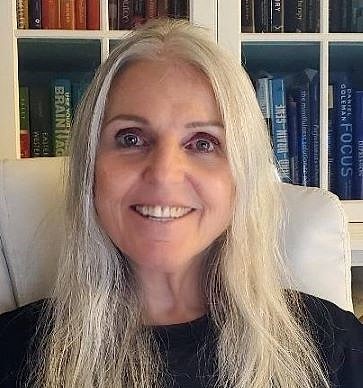 At first this question might sound reasonable. But think again- are you basing decisions on how long you think you have to live? Based on what facts? Do you actually know how long you have to live?
At first this question might sound reasonable. But think again- are you basing decisions on how long you think you have to live? Based on what facts? Do you actually know how long you have to live?
A researcher in Canada recently looked into this and found “It is impossible to know how long someone is going to live, but there are many life expectancy cues not consciously processed, affecting how many more years people expect to live. How healthy are they? Do they have a risky job? Are their grandparents still alive? Is there a history of disease in the family? A branch of evolutionary theory known as life history theory predicts life expectancy to influence major life decisions in humans, as it does in the lives of other animals.”
What unconscious cues may be affecting your thinking and planning for your future? Are you avoiding or not considering options you would if you were younger? Are you thinking and behaving like you thought you would at the age you are now or are you reflecting how you feel and what you want to express in your life?
There is research to support one unconscious cue that may concern people whose parent died at a younger age than normal life expectancy. When the offspring attain the same age, there is unconscious stress that effects their mind and body. It has a quality of expectancy to it. If left unconscious and unquestioned, it could easily affect that individual’s choices and physical health due to the underlying stress.
Knowledge is power, as you know. But have you stopped to think that this power comes from inner knowledge too, by bringing your unconscious thoughts and beliefs into the light? Working with you to bring your highest self into expression now, will increase your self-knowledge and empower you on many levels.
And just for the record- unconscious life expectancies works both ways.
Let’s talk. 30 minutes on me.
Kimberly Wulfert, PhD




